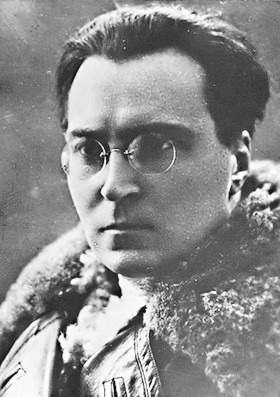

William Dudley (Big Bill) Haywood, US labour movement leader, marching with strikers in Lowell, Massachusetts, circa 19

By Suzi Weissman[1]
[This paper was presented at a conference in Nottingham, England, in 2009. It is posted at Links International Journal of Socialist Renewal with Suzi Weissman’s permission. See also "Victor Serge: `dishonest authoritarian', `anti-worker anarchist' or revolutionary Bolshevik?"]

[The following exchanges were first published in the US socialist magazine Against the Current. They have been posted at Links International Journal of Socialist Renewal with permission. Susan Weissman is the author of Victor Serge: The Course is set on Hope and editor of The Ideas of Victor Serge and Victor Serge: Russia Twenty Years After. She is a member of the editorial boards of Against the Current and Critique. The first essay is adapted from a section of a paper she delivered at a July 2008 conference on Trotsky’s legacy and first appeared in Against the Current, issue 136, September-October 2008. Following that is a response from Ernie Haberkern and reply by Susan Weissman. Some of Victor Serge's writings are available at the Marxists Internet Archive and at Resistance Books.]
By Susan Weissman